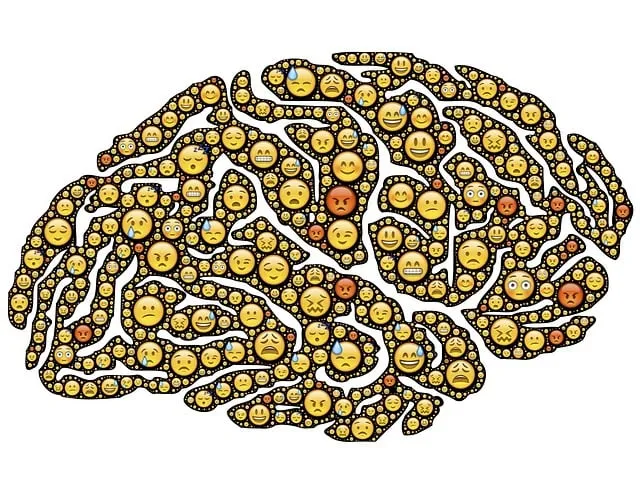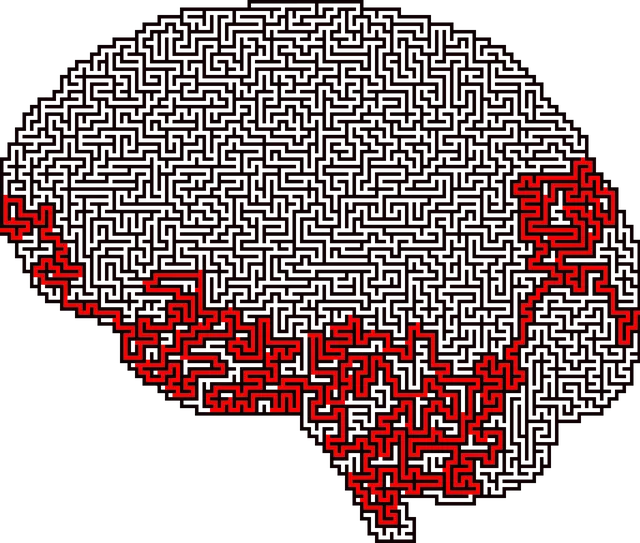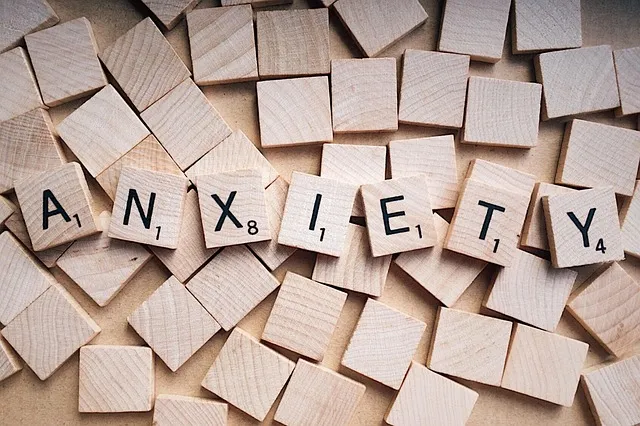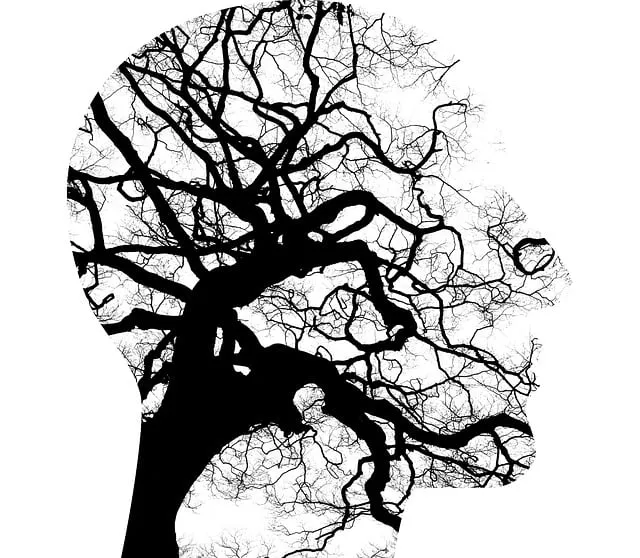Northglenn Kaiser Permanente, a top mental health facility, has revolutionized patient care by adopting Resilience, Flexibility, and Mastery (RFM) principles. This approach includes empathy workshops, stress management sessions, and mindfulness practices to empower individuals with effective coping mechanisms. By enhancing cultural competency among healthcare providers, the facility creates a supportive environment that fosters resilience and overall mental wellness.
At Northglenn Kaiser Permanente, we’ve embraced Resilient Frontier Model (RFM) and resilience-building exercises as integral components of our mental health support system. This innovative approach aims to fortify individuals against life’s challenges by fostering adaptability and emotional resilience.
Our implementation strategy leverages RFM’s power in a clinical setting, offering practical techniques that empower patients to navigate stress, anxiety, and adversity effectively. Discover how these exercises are revolutionizing mental health care at Northglenn Kaiser Permanente.
- Understanding RFM and Its Application at Northglenn Kaiser Permanente
- The Role of Resilience Building Exercises in Mental Health Support
- Practical Strategies for Implementing RFM Techniques in Clinical Settings
Understanding RFM and Its Application at Northglenn Kaiser Permanente

At Northglenn Kaiser Permanente, a renowned mental health facility, recognizing the importance of resilience and emotional well-being, they have integrated RFM (Resilience, Flexibility, and Mastery) principles into their comprehensive approach to patient care. This innovative strategy involves empowering individuals with effective coping mechanisms to navigate life’s challenges.
Through tailored programs, Northglenn Kaiser Permanente offers a range of Resilience Building Exercises, including Empathy-focused workshops and Stress Management sessions. These initiatives aim to enhance cultural competency among healthcare providers, fostering an environment where patients feel understood and supported. By combining RFM techniques with the Healthcare Provider Cultural Competency Training, the facility ensures that every individual receives holistic care, promoting resilience and overall mental health.
The Role of Resilience Building Exercises in Mental Health Support

Resilience building exercises play a pivotal role in enhancing mental health support at Northglenn Kaiser Permanente facility. These exercises are designed to equip individuals with coping strategies that strengthen their ability to navigate life’s challenges, fostering mental wellness. Through interactive activities and skill development, participants gain insights into managing stress, building self-confidence, and cultivating a sense of optimism, all of which contribute to improved overall well-being.
The integration of resilience exercises within the Northglenn Kaiser Permanente mental health facility aligns with the broader goal of promoting Mental Wellness Coaching Programs Development. Crisis Intervention Guidance and Depression Prevention strategies are also incorporated into these sessions, providing comprehensive support tailored to individual needs. This holistic approach ensures that clients leave each session empowered, better equipped to face future challenges head-on, and on a path towards sustained mental health improvement.
Practical Strategies for Implementing RFM Techniques in Clinical Settings

Implementing RFM (Resilience, Flexibility, and Mindfulness) techniques in clinical settings offers a powerful approach to enhancing patient well-being, particularly at mental health facilities like Northglenn Kaiser Permanente. These strategies are designed to equip individuals with practical tools for managing stress, cultivating resilience, and improving overall mood stability. One effective method is incorporating mindfulness practices into daily routines, such as guided meditation or breathing exercises, which can significantly reduce symptoms of anxiety and depression.
Additionally, fostering flexibility involves teaching patients adaptive coping strategies to navigate life’s challenges. This may include cognitive-behavioral techniques for challenging negative thought patterns and promoting self-esteem improvement. By integrating these RFM elements into therapy sessions, mental health professionals at Northglenn Kaiser Permanente can empower individuals to build resilience, enhance their ability to manage difficult emotions, and ultimately support long-term depression prevention and mood management.
Resilience is a powerful tool in enhancing mental well-being, and the implementation of RFM techniques at Northglenn Kaiser Permanente demonstrates its potential impact on patient care. Resilience building exercises have proven to be invaluable in supporting individuals within the unique context of a mental health facility. By integrating these strategies into clinical settings, healthcare professionals can empower patients to navigate challenges and foster a sense of empowerment. This holistic approach to mental health support holds great promise for improving outcomes at Northglenn Kaiser Permanente and other facilities seeking innovative care solutions.






